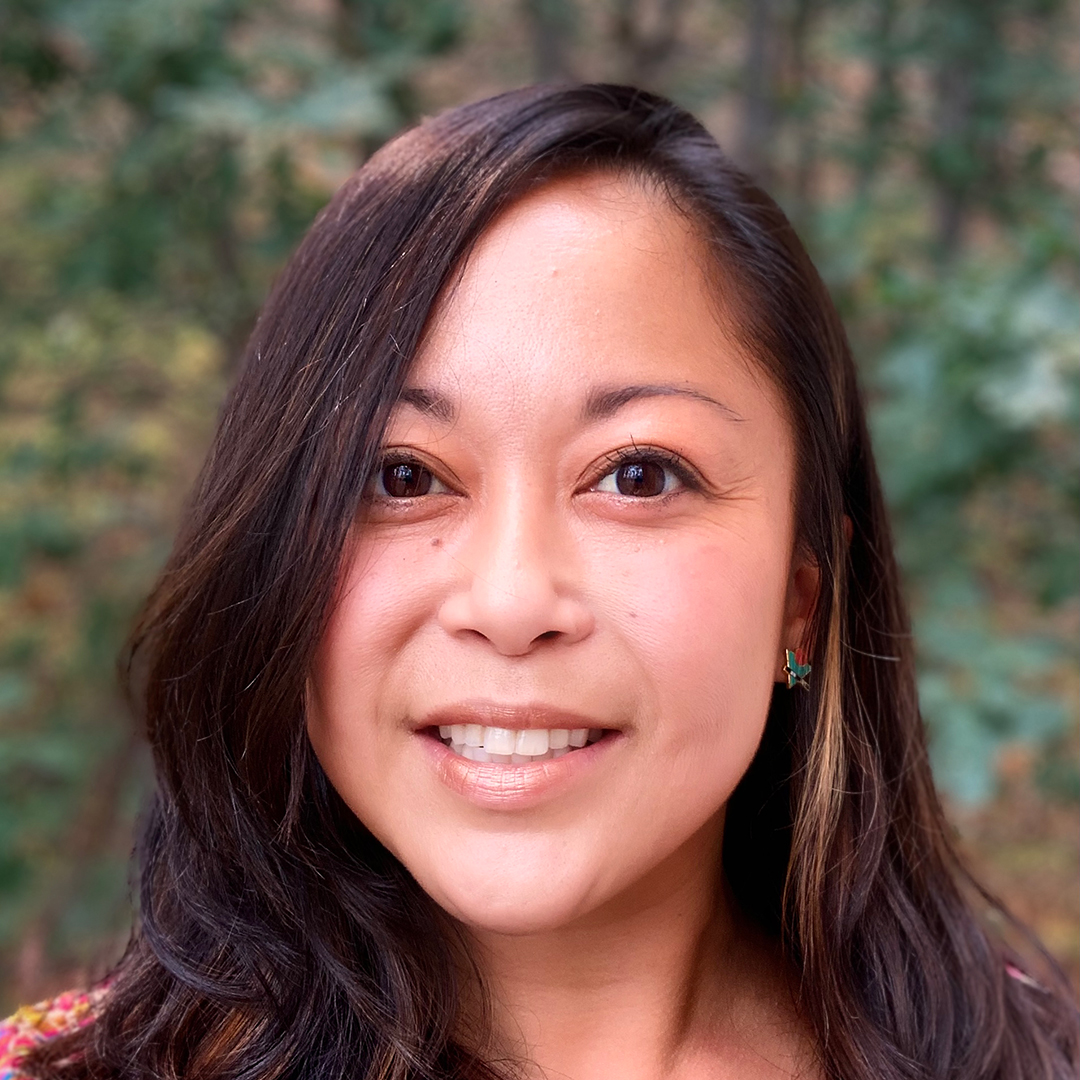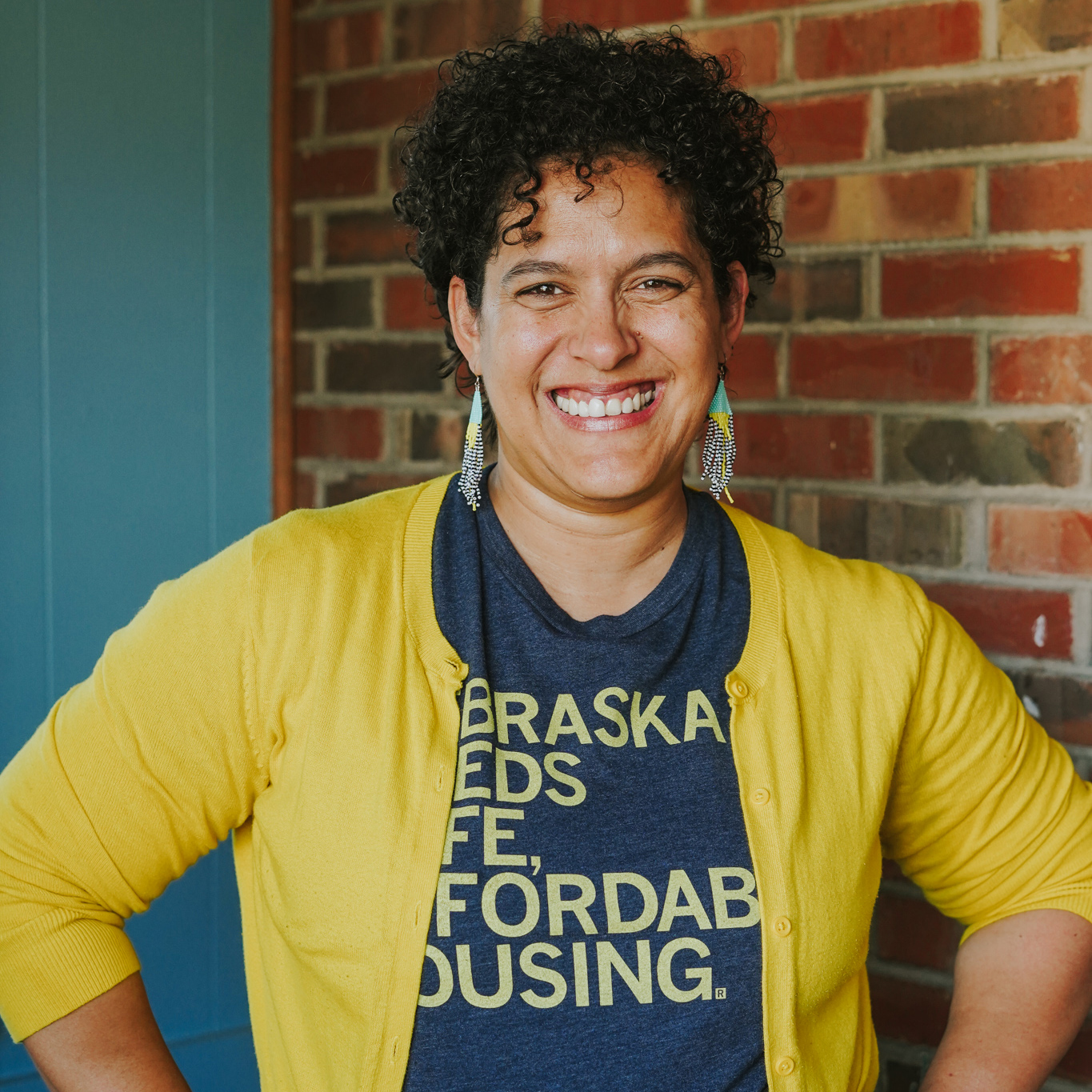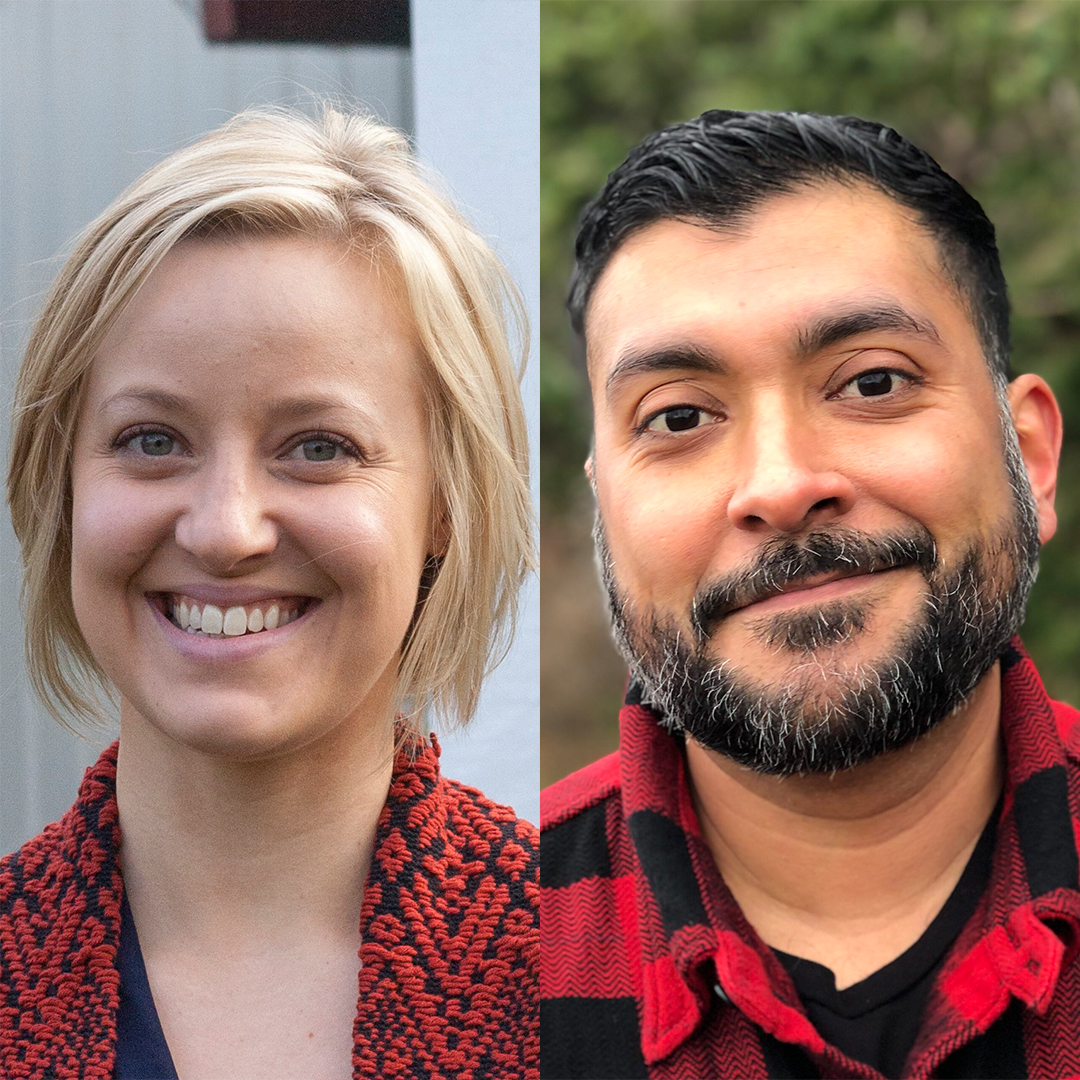 There’s something about these organizations grounded in equity, driven by justice, and shifting power to community-rooted solutions. Does the work of dismantling oppressive systems inherently prioritize staff? In my experience, yes — and a bias for action, learning, and adaptability attract this inclination for intra-organizational alignment.
There’s something about these organizations grounded in equity, driven by justice, and shifting power to community-rooted solutions. Does the work of dismantling oppressive systems inherently prioritize staff? In my experience, yes — and a bias for action, learning, and adaptability attract this inclination for intra-organizational alignment.
Essay Archives
Holding yourself accountable for your allyship
 So how can we quantify allyship and truly hold ourselves accountable in and outside the workplace? One way is to set quantifiable weekly, monthly, and annual Tangible Action Goals (TAGs).
So how can we quantify allyship and truly hold ourselves accountable in and outside the workplace? One way is to set quantifiable weekly, monthly, and annual Tangible Action Goals (TAGs).
Collaborations are a two-way street. Full-stop.
 Whether our collaborations take the form of corporate sponsorships, speaking engagements at annual events, or a vendor-partnership, we must shift our outlook on collaborations to be inclusive, equitable, ethical, and respectful for both parties involved.
Whether our collaborations take the form of corporate sponsorships, speaking engagements at annual events, or a vendor-partnership, we must shift our outlook on collaborations to be inclusive, equitable, ethical, and respectful for both parties involved.
The scarcity mindset may serve you as a fundraiser, but it will harm you as a leader
 For the first time in my professional life, I can see that my response to the fear of scarcity doesn’t just harm me; it harms others. When I operate out of scarcity, I model the exact same oppressive leadership that I was taught and operated under. This model of individualism and perfectionism is seeped into all our bones but it was not until I entered a leadership role that I could see the nuance of its devastating effects.
For the first time in my professional life, I can see that my response to the fear of scarcity doesn’t just harm me; it harms others. When I operate out of scarcity, I model the exact same oppressive leadership that I was taught and operated under. This model of individualism and perfectionism is seeped into all our bones but it was not until I entered a leadership role that I could see the nuance of its devastating effects.
Yes, you too: calling collusions out
 Secrecy, exclusion, and collusions have hindered and oppressed racialized individuals in our sector. By “collusions,” I mean closed-door, non-transparent decision-making between those with power. These conversations do not include all affected parties. They maintain the status quo and cater to those in power; the results presented to those most harmed as final.
Secrecy, exclusion, and collusions have hindered and oppressed racialized individuals in our sector. By “collusions,” I mean closed-door, non-transparent decision-making between those with power. These conversations do not include all affected parties. They maintain the status quo and cater to those in power; the results presented to those most harmed as final.
“I know enough to be dangerous”
 Raise your hand if you’ve heard these words spoken by folks who have been given the mantle of leadership by title: “I know enough to be dangerous.” Upon hearing this phrase, we politely chuckle or offer a waning smile. It’s just self-deprecating enough from the person using the phrase that we offer a pass and let it slide. Would we react the same if the speaker had said something more honest, like: I don’t know enough about this but I’m claiming I do.
Raise your hand if you’ve heard these words spoken by folks who have been given the mantle of leadership by title: “I know enough to be dangerous.” Upon hearing this phrase, we politely chuckle or offer a waning smile. It’s just self-deprecating enough from the person using the phrase that we offer a pass and let it slide. Would we react the same if the speaker had said something more honest, like: I don’t know enough about this but I’m claiming I do.
The price of passion: how codependency flourishes in nonprofit careers
 As I reflected on my own experiences and dug into the research, I discovered that the deep sense of betrayal and rejection was not only a reaction to being laid off, but it was a symptom of codependency, something that I had struggled with in my personal relationships but had never applied the framework to my professional life.
As I reflected on my own experiences and dug into the research, I discovered that the deep sense of betrayal and rejection was not only a reaction to being laid off, but it was a symptom of codependency, something that I had struggled with in my personal relationships but had never applied the framework to my professional life.
To stay or not to stay; that is the question.
 As the year is ending, and I enter my 3rd year fully integrated in the field of philanthropy and fundraising, the joke I have often been saying out loud is:
As the year is ending, and I enter my 3rd year fully integrated in the field of philanthropy and fundraising, the joke I have often been saying out loud is:
“I wish I was bad at my job.”
Open call for MacKenzie Scott grants unleashes possibility
 We collectively benefit when these historically excluded groups are resourced in their leadership, ideas, solutions, and joy. However, when we miss this lens, funders inadvertently perpetuate further marginalization and exclusion.
We collectively benefit when these historically excluded groups are resourced in their leadership, ideas, solutions, and joy. However, when we miss this lens, funders inadvertently perpetuate further marginalization and exclusion.
A Christmas Carol, updated for our times
Leading with trust: Our (successful!) experiment with Transformational Capacity Building
By josh martinez and Sarah Benner-Kenagy
 One of the biggest stressors in the world of social services is money. Who has it? Who needs it? What does the person who has it want in return for giving it to the person who doesn’t? On a person-to-person level, most people don’t attach strings to the dollar they give to someone on the street (and if you do, please stop!). But on a funder-to-organization level, we have strings a-plenty! Why is that? What if there was another way?
One of the biggest stressors in the world of social services is money. Who has it? Who needs it? What does the person who has it want in return for giving it to the person who doesn’t? On a person-to-person level, most people don’t attach strings to the dollar they give to someone on the street (and if you do, please stop!). But on a funder-to-organization level, we have strings a-plenty! Why is that? What if there was another way?
A message of support by the Community-Centric Fundraising Global Council for AFP Chicago’s open letter to AFP Global
 One of the core values of the Community-Centric Fundraising movement is that of Courage. We must challenge the way things are done and take bold action if we want to see the change that is needed to create equitable fundraising practices. For this reason, we support efforts which advocates for safe and healthy environments for fundraisers to do good work.
One of the core values of the Community-Centric Fundraising movement is that of Courage. We must challenge the way things are done and take bold action if we want to see the change that is needed to create equitable fundraising practices. For this reason, we support efforts which advocates for safe and healthy environments for fundraisers to do good work.

 Charles Dickens’s novella a Christmas Carol is a timeless classic. It was first published in 1843 and has never gone out of print. But 1843 is nearly 180 years ago. It’s time for us to update the story to be more relevant to our times.
Charles Dickens’s novella a Christmas Carol is a timeless classic. It was first published in 1843 and has never gone out of print. But 1843 is nearly 180 years ago. It’s time for us to update the story to be more relevant to our times.